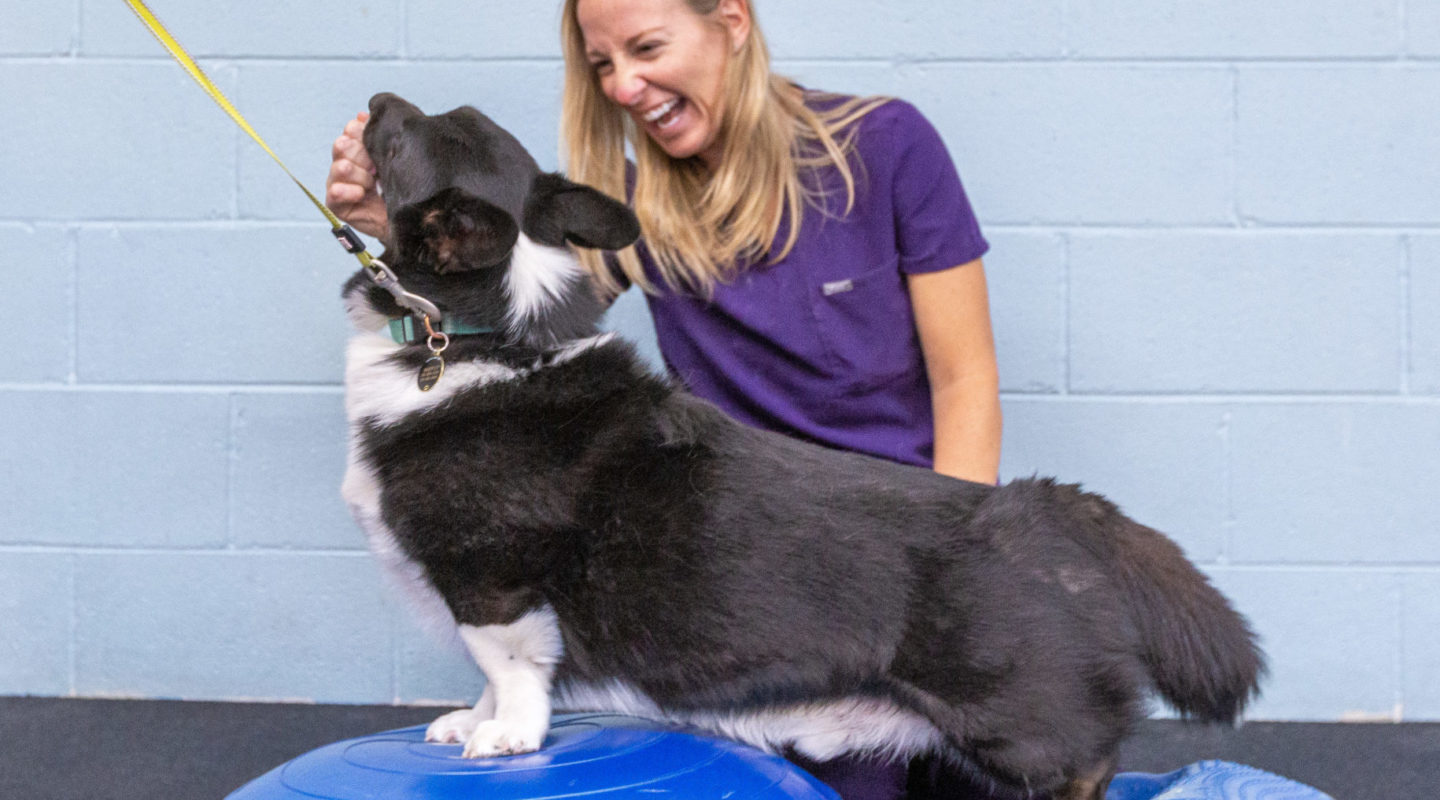Diet is the foundation of your pet’s health. Obesity is a problem in our pet population but there are easy steps you can take to prevent or reverse it. If you are in need of assistance beyond what the below general nutritional information offers, we can help with a professional nutritional consultation. This consultation offers the following:
Professional Nutritional Consultation
1) We can meet with you in person or over the phone and using a specific questionnaire gather the ‘lifestyle/ownership’ information on your dog.
2) Our advising veterinarian meets (usually over the phone) with your veterinarian to gather medical history, medication profile and related information.
3) You will receive a nutritional consulting report that is nutrient (not food) based. That is to say, no specific food is promoted as part of the consulting process/report.
4) (Optional) If you would like further information and it is warranted based on the above report, a custom diet can be created for your dog to meet it’s individual nutritional needs and hopefully in conjunction with proper veterinary care, return it to full health or enhance it’s state of health.
General Nutritional Information
If you feed a healthy commercial product, the only supplement your pet will need is fish oil. If you feed a home-cooked diet, make sure the vit/min balance is appropriate. There are many good books on pet diet and health. One of the best is Richard Pitcairn’s Natural Health for Dogs and Cats. This book has some very good information on diet, vaccines, and many health issues.Pitcairn’s book has simple recipes to help you get all nutrients balanced.
Some basic facts of weight loss: To help pets lose weight, you need to figure out how many excess calories they are eating. Here are the basic caloric facts about dog and cat energy requirements. Minimum calorie requirement (also called resting energy requirement or RER) = (body weight in kg x 30) + 70. Remember that 1 kg = 2.2 lbs
Feeding the RER will help pets lose weight. For maintaining a pet at their normal weight, you feed approx 1.5 the resting requirement for moderate activity levels. Example: for a 50 lb dog, put that into kilograms. 50 divided by 2.2 equals approx 23 kg. (23 kg x 30) + 70 = 760 calories. So if you have a 50 lb dog that needs to lose weight, feed no more than 760 calories a day.
See if your dog food lists amount of calories per cup. Some companies do not reveal this information on the label but they will tell you if you call them. If you’re shopping for a new food, buy one with calories listed on the label. You’ll probably find that you only need to feed about 1/2 of what you have been feeding!
Remember that treats and table scraps are a significant source of calories too. It’s fun to feed our pets because they seem to like us when we do that! Try to give them less. It is better for their health. Other factors can be involved in obesity and difficulty losing weight, but for starters, if your pet needs to lose weight, feed a minimum of the RER caloric need. If that does not work, then further veterinary diagnostics or special dietary approaches may be needed.
Note for cat owners: Cats should not be allowed free access to dry food. It is difficult or impossible to get overweight cats to lose weight on any dry food, particularly free choice dry. The bulk of a cat’s diet (ideally all of it) should be from wet food (canned or home cooked), even if they are not overweight. A well-researched website about cat health is www.catinfo.org. This website clearly explains the health dangers of feeding dry cat food and ways you can transition your cat to a healthier diet.

